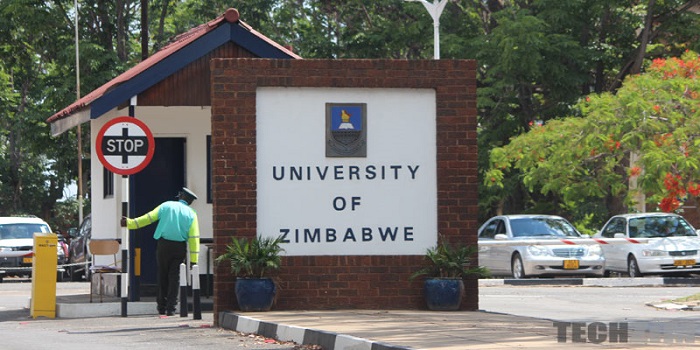The High Court has given the University of Zimbabwe’s Association of University Teachers (AUT) the go-ahead to strike, as guaranteed under the Constitution.
In a landmark ruling delivered last week, Justice Benjamin Chikowore said AUT members and their supporters are free to sing, dance, hold placards, pray, and give solidarity speeches during their demonstrations.
This came after AUT filed an urgent High Court application asking for an order to stop the Zimbabwe Republic Police Commissioner-General, Stephen Mutamba, UZ authorities, and ministers Ziyambi Ziyambi (Home Affairs) and Fredrick Shava (Higher and Tertiary Education) from interfering with their planned protest.
AUT was represented by Matika, Gwisai Legal Practitioners.
Justice Chikowore also agreed to the safety measures suggested by both AUT and the police to make sure everything stays peaceful.
This includes AUT assigning two liaison people to work with the police and appointing marshals to keep things in order during the protest.
It was also agreed that the picket would be limited to UZ’s Churchill Avenue and Mount Pleasant main entrances.
AUT lawyer and advisor, Munyaradzi Gwisai, said the ruling is a major win, and its impact will be felt “beyond the corridors of UZ”. Said Gwisai:
A landmark decision by the High Court handed down protects advances and realises the right to strike as provided by the constitution of Zimbabwe.
The right that AUT has won today is a right that will apply well beyond the corridors of University of Zimbabwe, but in the entire spectrum of labour relations and trade unions in this country.
Last week, UZ lecturers went on strike and held a picket outside the campus, but police quickly stepped in, broke up the protest, and arrested some AUT leaders.
Those arrested, Boncase Mwakorera, Obvious Vengeyi, and Desmond Ndedzu, were later released after each paying a US$15 fine for “disorderly conduct.”
However, their lawyers from the Zimbabwe Lawyers for Human Rights say the convictions were made under pressure, and they’re now preparing to challenge them in court.
More: The Standard



Back to top